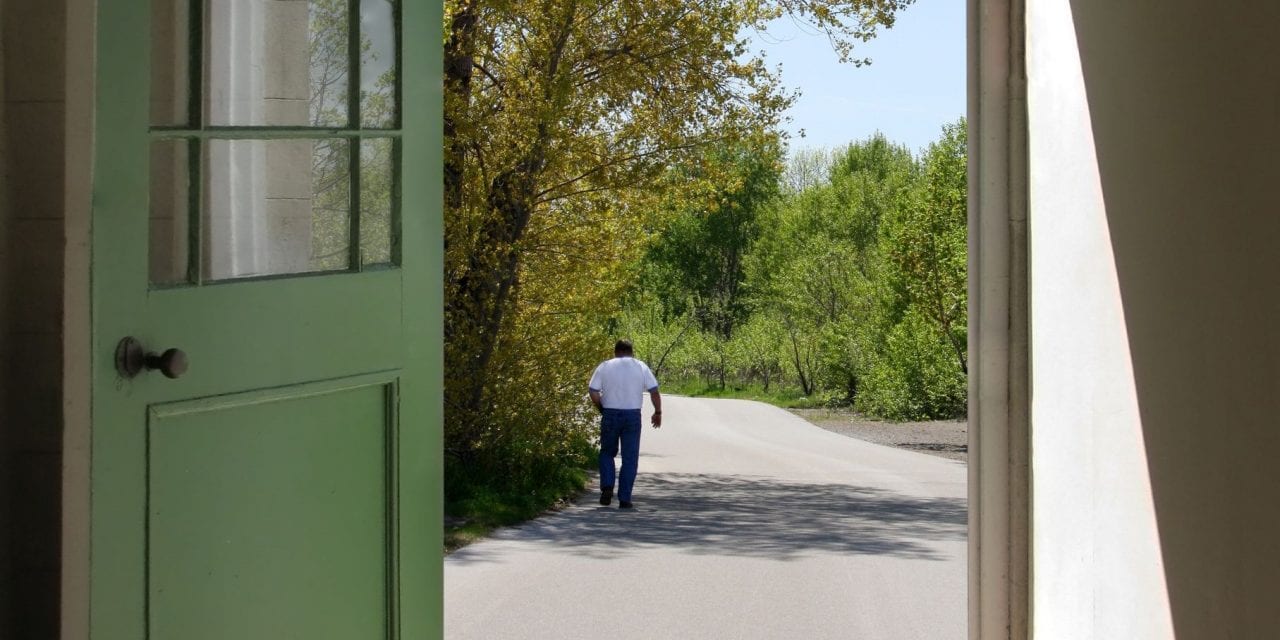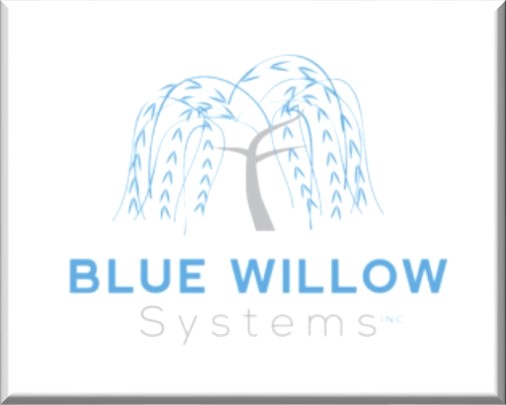Every senior community I’ve visited has had at least some residents who were cognitively impaired, so a resident wandering off can happen at any time.
By Pam McDonald
In my role as a senior living marketing consultant, I’ve visited hundreds of communities and gotten a behind-the-scenes peak at staff handling a wide variety of situations. I recall one morning when I was meeting with a marketing director in a small conference room adjacent to the lobby. We were interrupted by the receptionist who told us a resident – just admitted the night before – had “gone missing.”
Oh no, an elopement, one of assisted living’s worst nightmares. Meeting over. A flurry of activity kicked in. Calls were made, alerts beeped, staff reported in and were deployed. It was all hands on deck. Luckily, the resident was quickly located upstairs resting in a mostly unused sitting area.
Consequences of Elopement
Unfortunately, many of these stories don’t have this happy of an ending. According to recent senior living claims data from CNA, a Chicago-based property and casualty insurance company, 45.7% of elopements resulted in death, and 34.8% involved serious injuries. Almost 80% of elopements involve chronic wanderers and 45% are residents who have newly moved to the community.
CNA also noted that between 2011 and 2015 elopement claims were rising in assisted living. While most closed claims for that period (80.7%), were related to skilled nursing facilities, just over half the elopement claims (54.3%) were associated with assisted living. And, these claims are among the most expensive, averaging $221,496, when the overall average of claims for that period was $211,709.
Every senior community I’ve visited has had at least some residents who were cognitively impaired, so a resident wandering off can happen at any time. Many senior living providers are beginning to look to new technologies to help address this problem, including Blue Willows System, a Senior Housing Forum partner.
24/7 Automatic Alerts of Elopements or Falls
Blue Willow’s state-of-the-art, cloud-based, patent-pending technology automatically detects resident elopements and falls around the clock. It provides real-time location maps, alerts staff, and monitors resident’s vital signs and activity until personnel arrives.
Created by Silicon Valley entrepreneur, engineer and company CEO, Vikram Devdas, in response to his own family’s experience with senior care, this software as a service (SaaS) technology is comprised of the wearable BlueBand with multiple sensors engineered within. It is programmed with a proprietary algorithm designed on neural network computer brain training and using artificial intelligence (AI) to recognize a fall versus other movements of the resident.
How the Blue Willow System Works
The BlueBand sends a signal 24/7, at a rate of 300 milliseconds to the engineered BlueHub receiver placed in the resident’s living space and throughout the community. This allows the BlueBand to signal real-time location and movement information, including, step-count and temperature.
It sends the information to the BlueCloud, which triggers wander and fall alerts sent immediately to caregivers via both mobile devices and desktop computers. An automatic incident report is generated and all data is stored in the cloud for staff workflow management.
RN Maggie Brogel, Blue Willow’s Vice President of Clinical Services and Risk says, “This tool is by far the most advanced in senior elopement and can help mitigate liability for senior housing and care. It’s comprehensive technology helps assisted living communities ensure any cracks are filled.”
Preventative Measures to Reduce Elopement Risk
With costly claims on the rise, it is critical that assisted living communities be able to demonstrate that they are doing everything in their power to protect their residents from wandering. Blue Willow System’s provides risk management assessments and recommends that communities institute such elopement practices as the following:
-
Providing new residents with extra help from staff until they and their families are familiar with their surroundings
-
Thoroughly assessing new residents who may be at risk for elopement through an in-depth move in process
-
Establishing clearly laid out elopement protocols and action plans
-
Educating staff on elopement issues and solutions, and training them through elopement drills
For more information about Blue Willow Systems, call (877) 789-9657 or visit their website by clicking on the button below:
Click on the button below to download a PDF copy of this article:










